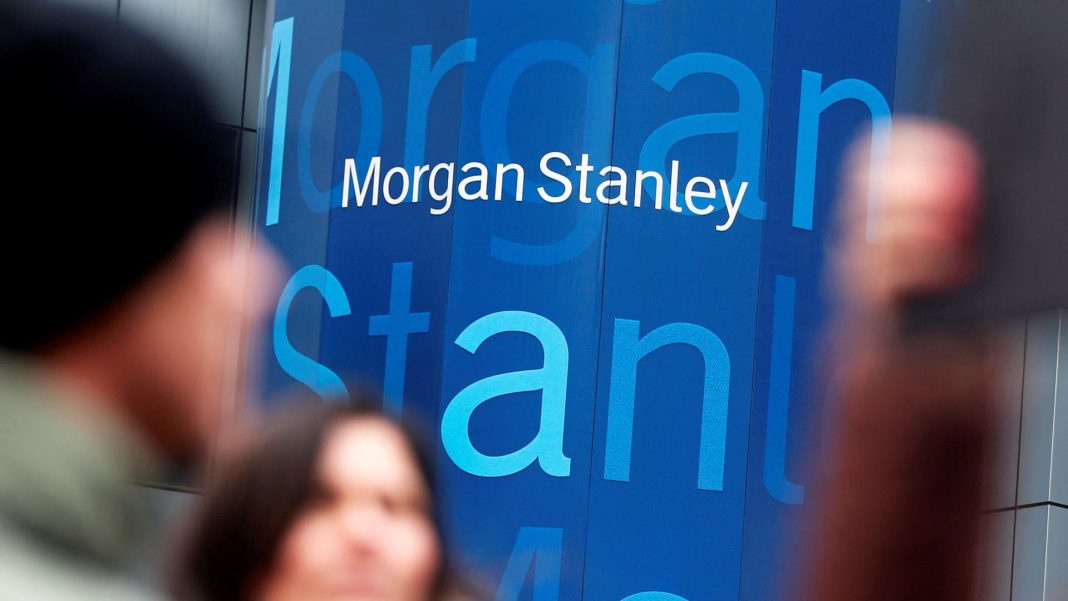[ad_1]
OpenAI logo seen on screen with ChatGPT website displayed on mobile seen in this illustration in Brussels, Belgium, on December 12, 2022.
Jonathan Raa | Nurphoto | Getty Images
Morgan Stanley is rolling out an advanced chatbot powered by OpenAI’s latest technology to help the bank’s army of financial advisors, CNBC has learned.
The bank has been testing the artificial intelligence tool with 300 advisors and plans to roll it out widely in the coming months, according to Jeff McMillan, head of analytics, data and innovation at the firm’s wealth management division.
Morgan Stanley’s move is one of the first announcements by a financial incumbent after the success of OpenAI’s ChatGPT, which went viral late last year by generating human-sounding responses to questions. The bank is a juggernaut in wealth management with more than $4.2 trillion in client assets. The promise and perils of artificial intelligence have been written about for years, but seemingly only after ChatGPT did mainstream users understand the ramifications of the technology.
The idea behind the tool, which has been in development for the past year, is to help the bank’s 16,000 or so advisors tap the bank’s enormous repository of research and data, said McMillan.
“People want to be as knowledgeable as the smartest person” in our firm, McMillan said. “This is like having our chief strategy officer sitting next to you when you’re on the phone with a client.”
While generative AI has dazzled users and sparked a race among technology giants to develop products, it has also led some users down strange paths. Last month, Morgan Stanley analysts wrote that ChatGPT occasionally “hallucinates and can generate answers that are seemingly convincing, but are actually wrong.”
User guardrails
Similar to ChatGPT, the tool will instantly answer questions for advisors. But it is based on GPT 4, which is a more advanced form of the technology underpinning ChatGPT.
And instead of the entire contents of the internet, this tool generates responses only on the 100,000 or so pieces of research that Morgan Stanley has vetted for this use, which should cut down on errors. To further reduce mishaps, the bank has humans checking the accuracy of responses, he said.
“We’re trying to actually break the platform” through human testing, he said. “With high-quality information, the better models and an ongoing monitoring process” the bank is confident in its new tool, he said.
The logo of Morgan Stanley is seen in New York
Shannon Stapleton | Reuters
The move builds on earlier efforts by McMillan, including the 2018 introduction of machine-learning algorithms that prompt advisors to reach out to clients or take other steps. With each new development, concern rises among knowledge workers that technology will be able to cut people out entirely one day.
“I think every industry is going to be in some way disrupted for what I’ll describe as routine, basic tasks,” McMillan said.
But machines can’t replace people when it comes to catering to sophisticated clients, he said.
“These things don’t have any empathy; they’re just very clever math that is able to regurgitate knowledge,” he said.
[ad_2]
Source link




